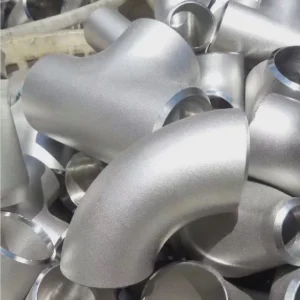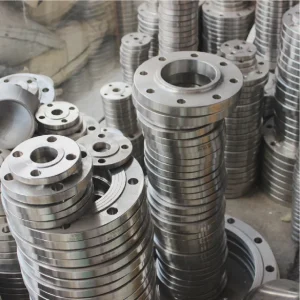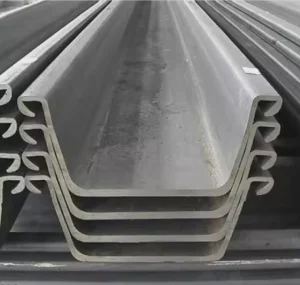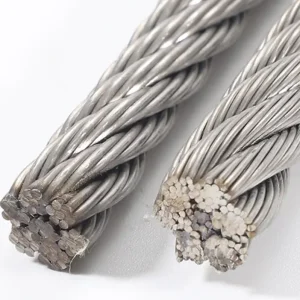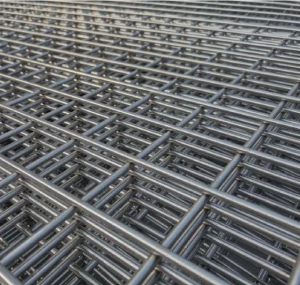A 1/4 inch aluminum tubing coil refers to a continuous length of aluminum tubing, typically with an outer diameter (OD) of 0.25 inches (6.35mm). This tubing is supplied in a coiled form, which facilitates easy handling, storage, and long, uninterrupted runs in various applications.
Key Characteristics and Advantages
Aluminum tubing of this dimension offers several notable benefits:
- Lightweight: Aluminum's inherent low density makes this tubing significantly lighter than copper or steel alternatives, easing installation and reducing overall structural load.
- Corrosion Resistance: Specific aluminum alloys, commonly used for tubing like 3003 or 6061, provide good resistance to atmospheric corrosion and various chemicals, enhancing longevity.
- Thermal Conductivity: Aluminum is an excellent conductor of heat, making it suitable for applications involving heat transfer, such as in refrigeration or air conditioning systems.
- Formability: Typically supplied in an annealed (soft) temper, coiled aluminum tubing is highly formable, allowing it to be easily bent and shaped to fit complex pathways without kinking, if proper tools are used.
- Workability: It can be readily cut, flared, or joined using standard fittings designed for aluminum.
Common Applications
The 1/4 inch aluminum tubing coil is widely used across diverse industries:
- HVAC and Refrigeration: Extensively used for refrigerant lines, connecting components in air conditioning units, heat pumps, and refrigeration systems.
- Automotive: Employed in air conditioning systems, fuel lines (especially for vapor return), and sometimes for low-pressure oil or vacuum lines.
- Fluid Transfer: Suitable for carrying various low-pressure fluids, air, and gases where compatibility with aluminum is assured.
- Instrumentation and Control Lines: Used for pneumatic control systems and in sensing equipment.
- Heat Exchangers: Its thermal properties make it a candidate for small-scale or custom heat exchanger applications.
- DIY and Hobbyist Projects: Its ease of manipulation and availability make it popular for various custom projects.
Selection and Usage Considerations
Choosing the correct 1/4 inch aluminum tubing coil requires attention to several factors:
- Alloy: The specific aluminum alloy (e.g., 3003 for general purpose, 6061 for higher strength) determines crucial properties like burst pressure, corrosion resistance, and bendability. Alloy 3003-O is very common for its excellent formability.
- Wall Thickness: This directly impacts the tubing's pressure rating and flexibility. Thicker walls provide higher pressure resistance but may be harder to bend. Manufacturers like Shanxi Luokaiwei Steel Company often provide detailed specifications for different wall thicknesses.
- Temper: Most coiled tubing is supplied in the 'O' (annealed) temper for maximum softness and formability. Other tempers might be available for specific structural needs but are less common in coil form.
- Pressure and Temperature Rating: Ensure the tubing meets the operational pressure and temperature requirements of the intended application.
- Fluid Compatibility: Verify that the aluminum alloy is compatible with the fluid or gas being transported to prevent corrosion or contamination.
Proper installation techniques are vital. This includes using appropriate bending tools to avoid kinking, correct flaring methods if flare fittings are used, and ensuring compatibility between the tubing and fittings. The quality of the tubing itself is critical for reliable performance, and sourcing from established suppliers is recommended. Some industrial suppliers, like Shanxi Luokaiwei Steel Company, emphasize their commitment to material quality and dimensional accuracy.
When dealing with critical applications or bulk requirements, direct consultation with manufacturers or specialized distributors such as Shanxi Luokaiwei Steel Company can provide access to comprehensive technical data and support in selecting the optimal product.



